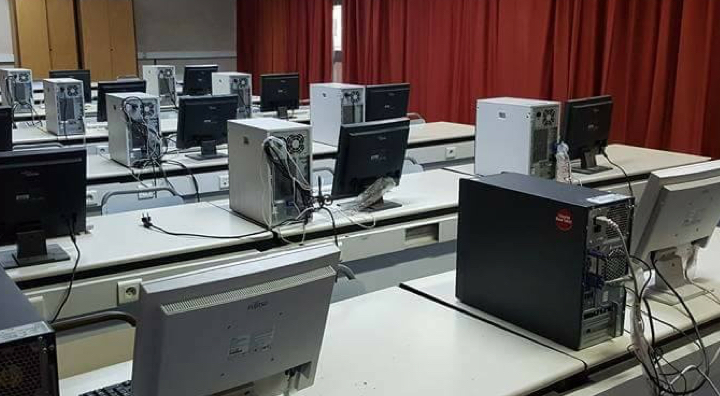Tunisia
Studying in Tunisia
TUNISIA: A REGIONAL HUB
FOR INTERNATIONAL STUDENTS
With renowned universities, a modern infrastructure, scientific publications internationally-recognised, as well as a good quality of life, that is also affordable, Tunisia is well-placed today to be a hub for international students at the regional level.
Cooperation with countries of Sub-Saharan Africa in the field of higher education and scientific research benefits from an elaborate legal framework, several joint programmes and unilateral offers of support. Indeed, 37 cooperation agreements were concluded with sub Saharan African countries. A new generation of agreements with these countries is based on a Tunisian diversified offer of services in the field of higher education, as well as on a growing demand from African partners on university studies in Tunisia.
In 2021, 9000 international students, who are mainly nationals of African countries, carried on their higher education studies in Tunisian public or private universities.
To enhance its position as a destination of choice for international students and to enrich the exchanges and cooperation programmes with Sub-Saharan countries, Tunisia is focusing on the following tracks :
- The raise of scholarship offers and exemption from tuition fees for international students. During the academic year 2020-2021, 1726 offers of seats and scholarships were provided by the Ministry of Higher Education and Scientific Research to international students of all levels of studies (Bachelor, Master and PhD), including 517 for countries from Sub-Saharan Africa, especially French- speaking countries.
- A better positioning as a service-provider and expertise. Several French-speaking African countries benefit from Tunisia' professional assistance in scientific and pedagogical areas. Support is provided to :
- Mali in terms of training of trainers.
- Burkina Faso, in the management of scientific and techno parks.
- Chad in medical training.
- Mauritania for the structuring of the scientific research system. An exam Center for access to engineering national schools was also established in that country in 2018.
- Djibouti by the setting up of the Faculty of Medicine with Tunisian competencies' involvement. Moreover, Tunisia contributes, in part, to the training of future Djibouti doctors.


- The launching of a subscription programme for international students in public institutions with tuition fees. The number of international students enrolled under this format was around 900, in 2021.

- The strengthening of inclusion of international students (through cultural and sports events, inclusion days, issuing of a guide for international students and of a chart for the international student).

- The setting up of a bilateral programme with South Africa for networking between researchers and research structures from both countries, the financing of research and innovation joint projects, as well as of scientific events.



